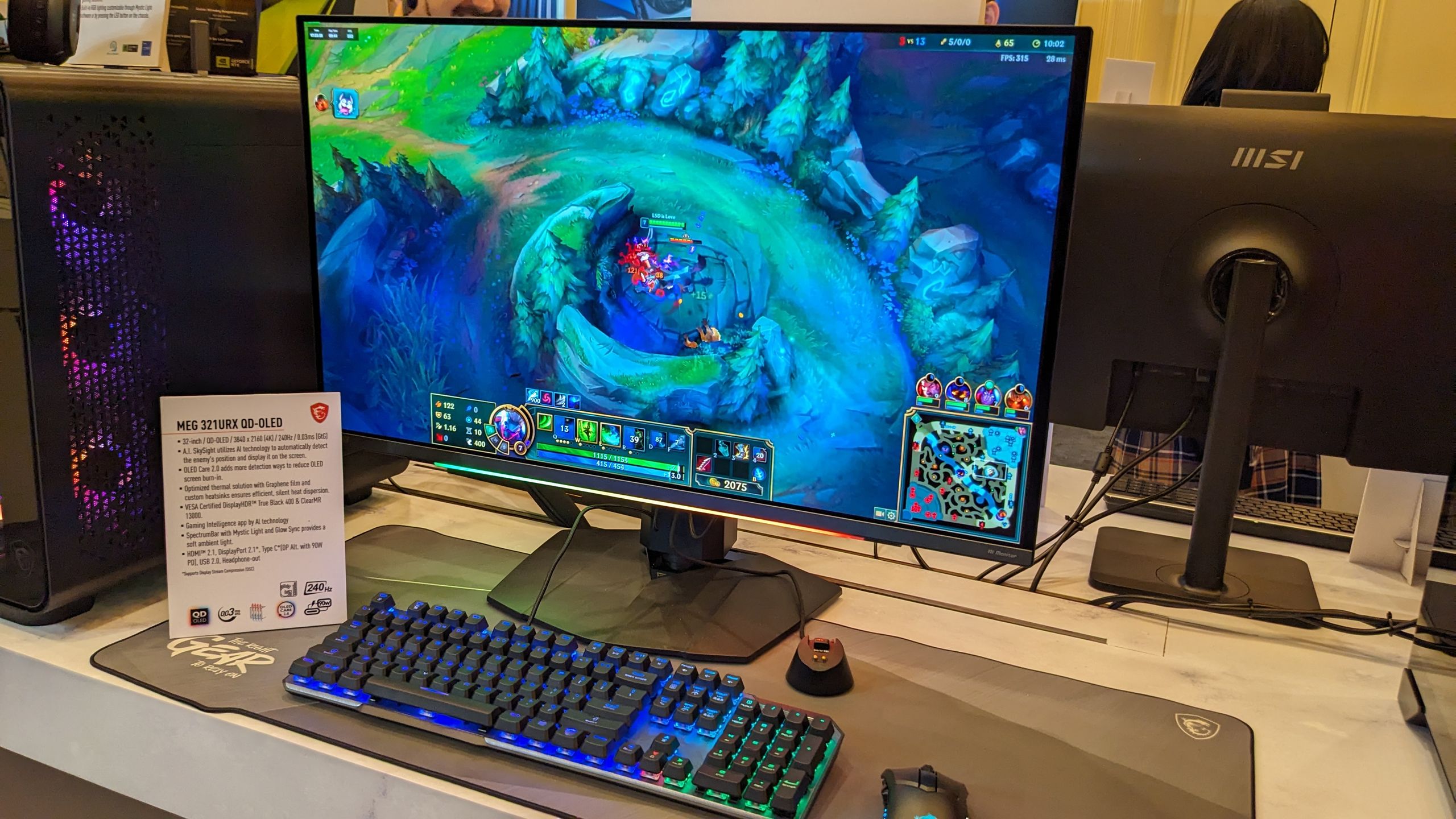If you captured the right data it would be so obvious, especially for an existing account tracking damage and kd. Next level would be rapid movement/input, etc. Machine learning could work at another level for anomaly detection.
This is similar to how a lot of the successful anti-cheat works, it's not only able to detect people cheating - but it can detect things like boosters and Smurfs, which in some cases will totally destroy a game just as badly as somebody using a full-blown rage-hack.
The problem is it costs a lot of money, you need a large number of people to build it and operate it and those people need to know what they're doing and understand that they're getting into an arms race, it's not a cheap business to be in if you want it to be effective but it can be done, you just have to be serious about it.
The main problem is that these games have a lifespan and they’ll milk it at the expense of those who just want to play.
A lot of it comes down to business strategy, games like Battlefield and COD - have a lifespan of a year or two, then everyone moves to the next title - where the company makes money through selling games traditionally, not as much with micro transactions - so they can tolerate people leaving the platform due to cheaters, because they've already made most of the money from them.
The more Esports based titles (which are often free), (Valorant, CS, LoL, Data, etc) they treat their titles more like a sport - games like CS:GO go on for years and years relatively unchanged - so it makes much more sense to have a proper anti-cheat strategy and spend money on it.
As the company is making money through in game purchases, and everything else - by keeping players happy on the platform, those players will continue to spend money, because they're more likely to enjoy the game and (hopefully) be kept away from 360 spinbots and rage-hackers.
Last edited:




